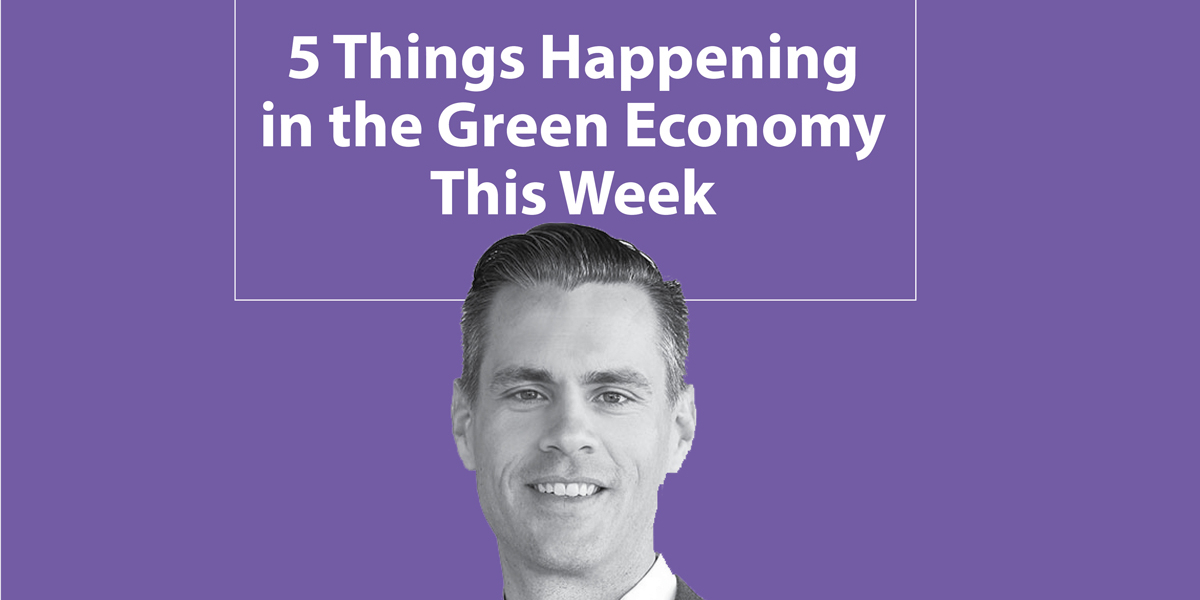
Every two weeks, Mike Moffatt, Senior Director at SPI, explores five things to watch in the green economy in a segment for Smart Prosperity: The Podcast. Click here to listen to this week's episode.
1) Global Methane Pledge
More than 105 countries have now signed on to a global methane pledge. The side agreement, which was launched at COP26 by the US and the European Union, commits countries to cutting domestic methane emissions by 30% in the next 10 years. It’s a move that scientists say can help avert climate impacts over the short term. While the agreement has been signed by many of the world’s top methane emitters, it is yet to be signed by the top three: China, India and Russia.
2) A stop to financing for foreign fossil fuel projects
21 countries, including Canada, pledged to stop financing foreign fossil fuel projects by the end of 2022. The deal does not include the world’s top 3 foreign fossil fuel funders - China, Japan and Korea – although China did pledge to stop funding foreign coal projects earlier this year. For Canada, it means eliminating the roughly $13 billion that has been flowing to foreign fossil fuel projects through Export Development Canada every year.
3) Deforestation agreement
More than 130 countries signed on to an agreement to “halt and reverse” deforestation. The agreement is significant because it includes countries home to 90% of the world’s forests, including major deforesters like Brazil, Indonesia and the Congo. The deal will see 12 countries and private donors pitch in $19 billion. The agreement was later criticized for ambiguous wording, but still represents a major step forward for protecting the world’s forests.
4) Russia, China, Obama, India
Two major national leaders – Russian President Vladimir Putin and Chinese President Xi Jinping – have opted out of personally attending the conference. Both countries have also failed to make significant new commitments in Glasgow. Former US President Barack Obama called out each of them for lack of leadership in a thunderous speech to attendees on Monday. On the other hand, Indian prime minister Narendra Modi surprised delegates with a commitment to achieve net zero emissions by 2070.
5) Canada’s oil and gas emissions cap
Prime Minister Justin Trudeau personally attended the first two days of the Glasgow conference, and used the opportunity to formally commit Canada to putting a cap on pollution from the oil and gas sector. Canada is the only major oil and gas producer to make this kind of commitment. Trudeau acknowledged the commitment, which was initially made in the Liberal election platform, will be challenging to implement.
Listen to the full segment, and plenty of other great content, in today's new episode of Smart Prosperity: The Podcast. Our podcast provides fresh takes on the current affairs, politics, research and business of the clean economy. New episodes posted every two weeks.